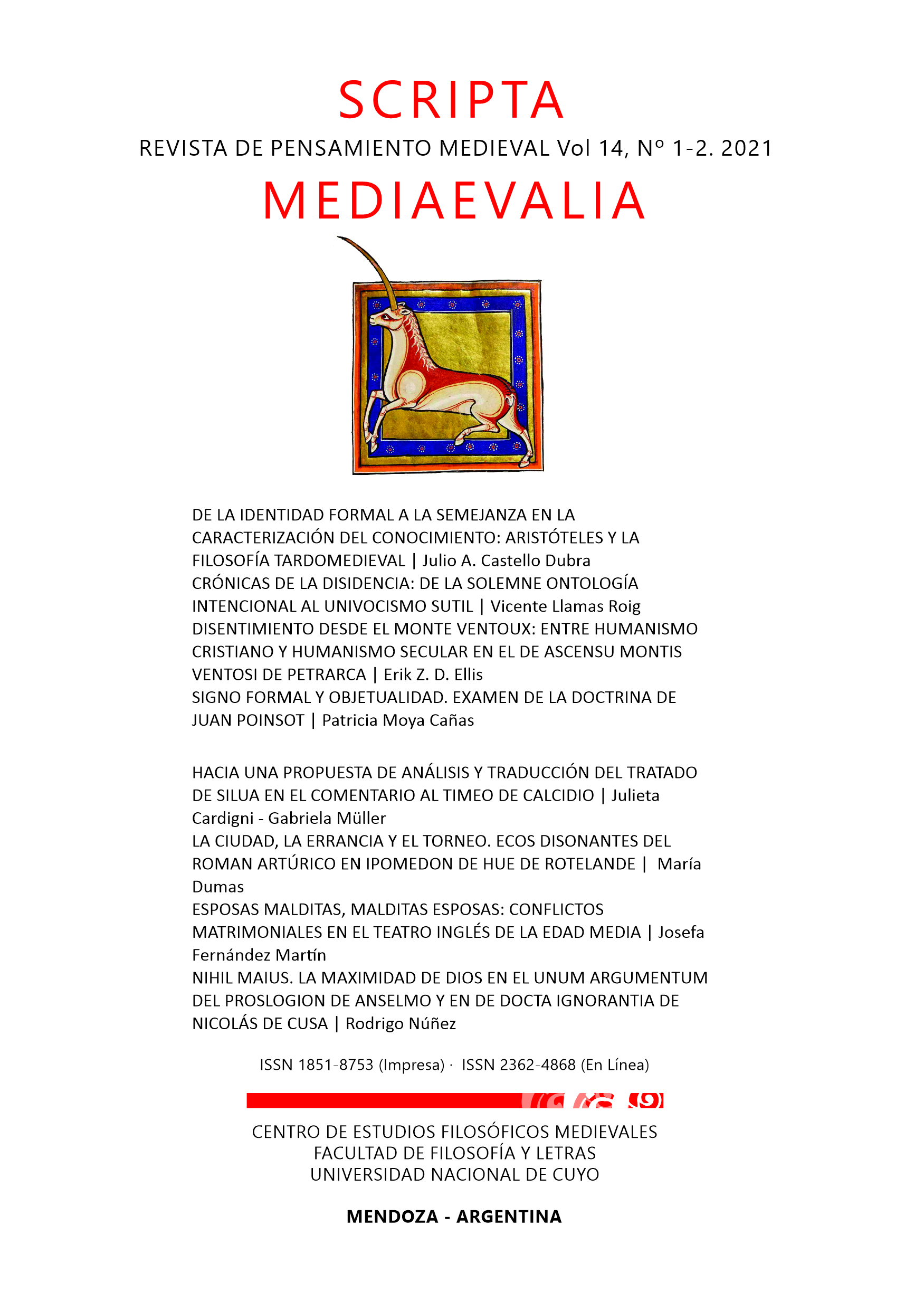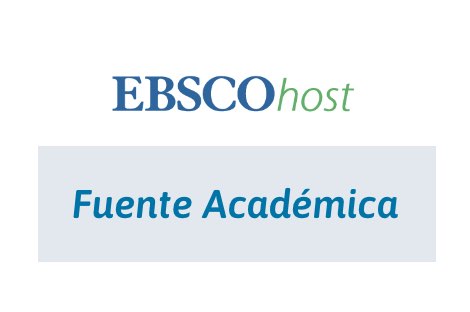The Signification of Freedom in Anselm of Canterbury’s Moral Trilogy
Keywords:
freedom, Anselm of Canterbury, truth, justice, evilAbstract
It’s evident the importance that the theme of Freedom has had among Christian philosophers. In the XIth century, Saint Anselm develops this theme in the articulation of three treatises: De veritate, De libertate arbitrii and De casu diaboli; them conforms a moral trilogy that constitutes one of the fundamental bases of it’s corpus doctrinale. Following the research performed by Enrique Corti in his book To be in the truth, this work analyzes the configuration of Anselmian thought around the theme of freedom in close connection with the exam of truth, justice and evil.
References
Corti, Enrique. Estar en la verdad. Buenos Aires: Jorge Baudino ediciones, 2018.
Corti, Enrique. “Significatio et appellatio categorial de nihil en Anselmo de Canterbury”, en La identidad propia del pensamiento patrístico y medieval: ¿unidad y pluralidad?, editado por Silvana Filippi; Marcela Coria, 109-115. Rosario: Paideia Publicaciones, 2014.
Fischer, María Raquel. “Unde venit malum in angelum, qui bonus erat. Hermenéutica de dos textos anselmianos”. Revista española de filosofía medieval, nº 15 (2008): 127-136.
Furlotti, Pablo. “La libertad humana, un tema constante en el pensamiento patrístico y medieval”, en La identidad propia del pensamiento patrístico y medieval: ¿unidad y pluralidad?, editado por Silvana Filippi; Marcela Coria, 159-168. Rosario: Paideia Publicaciones, 2014.
Gilson, Étienne. El espíritu de la filosofía medieval. Madrid: Rialp, 2009.
S. Anselmi Cantuariensis Archiepiscopi. Opera Omnia, ed. de F. S. Schmitt. Edimburgo: Thomas Nelson and Sons LTD, 1946-1961, 6 vols.
Downloads
Published
How to Cite
Issue
Section
License

This work is licensed under a Creative Commons Attribution-NonCommercial-ShareAlike 3.0 Unported License.



















